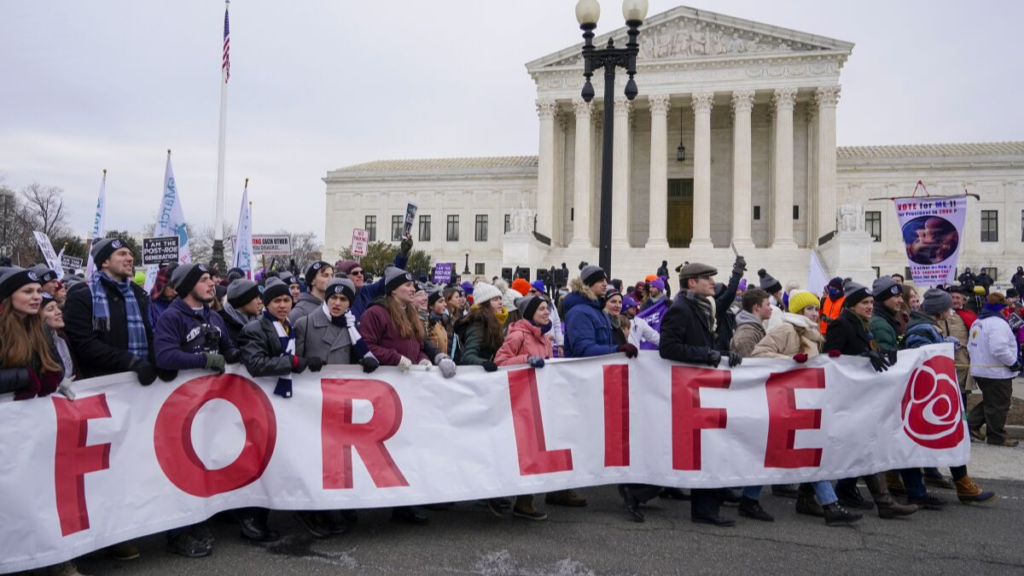The Life Legal Defense Foundation (LLDF) has petitioned the U.S. Supreme Court to reverse a multi-million-dollar judgment against pro-life activist Albin Rhomberg and the Center for Medical Progress (CMP). The judgment came in response to a 2016 lawsuit filed by Planned Parenthood against CMP for publishing videos that allegedly displayed abortion providers negotiating the sale of fetal tissue, a federal offense. The lawsuit accused CMP and its associates of violating the federal RICO anti-racketeering statute.
In response, a federal court in San Francisco granted Planned Parenthood over $2 million in damages and $14 million in attorney fees. The awarded amount was not to compensate for any specific loss or harm but to cover the cost of enhancing their security systems to prevent similar infiltrations in the future. The judgment, later upheld by the Ninth Circuit Court of Appeals, was controversial, as it allowed for damages to prevent potential future issues, a precedent not previously set by any court.
Throughout the trial, the judge permitted Planned Parenthood to call an “expert witness” on “anti-abortion terrorism and violence” to ensure the jury was aware of the potential safety concerns for Planned Parenthood. The relevance of this testimony was called into question as none of the pro-life defendants were accused of or had a history of violent actions towards abortion providers. Their primary objective was to reveal acts of violence, not to perpetrate them.
Life Legal Chief Counsel Katie Short argued that CMP and Rhomberg didn’t damage or steal anything belonging to Planned Parenthood. Instead, they exposed what they believe to be Planned Parenthood’s contempt for the sanctity of life. The released videos depicted Planned Parenthood abortionists discussing the extraction of intact body parts from second trimester babies for sale.
LLDF is now appealing to the Supreme Court to reverse the judgment, asserting that the lower courts and the Ninth Circuit deviated from established law in awarding “compensatory” damages without a legitimate loss. They are requesting the Supreme Court to dismiss the case.
